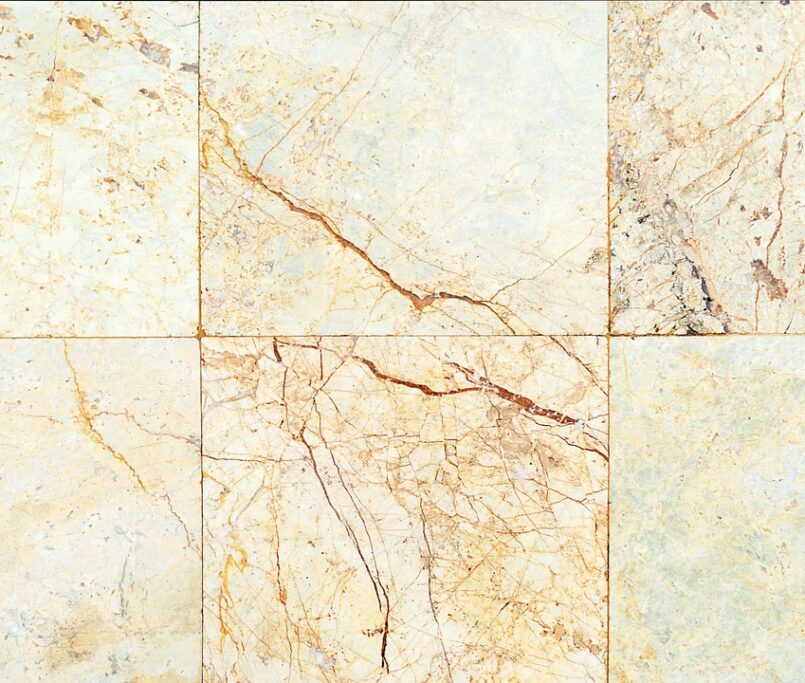Pros and Cons of White Concrete Countertops
Counters with a white concrete surface are known as white concrete countertops. Concrete countertops are commonly used in place of marble or granite. Concrete countertops have become increasingly popular in kitchens in recent years. Many homeowners are discovering that concrete countertops are the perfect addition to their homes, thanks to beautiful stains and customized measurements. White concrete countertops make a big impression in any room.
Many customers prefer concrete countertops to quarried stone or petroleum-based materials because they are more environmentally friendly. Also, white concrete countertops provide a completely customizable, handcrafted surface that is popular in kitchens, bathrooms, entertaining outdoor areas, restaurants and bars. Concrete countertops combine functionality and beauty and are naturally durable and straightforward to clean and maintain.
Concrete countertops have recently gained popularity, but they can be contentious topics. Concrete countertops have a lot of versatility and can be used to create unique looks, but some people see them as utilitarian materials with little appeal. This article will examine the pros and cons of white concrete countertops.
Pros of White Concrete Countertops
A concrete countertop has many advantages, including the ability to be shaped and formed to match your kitchen dimensions and finished to your liking precisely. Other countertop materials often limit you to the available colours and styles, but concrete provides a broader range of options. Now let’s examine the pros of white concrete countertops.
Concrete is Durable
The primary advantage of white concrete countertops is their durability. Most contractors reinforce the mix with glass fibres, resulting in an extremely strong and lightweight counter. Reinforcement enables long, continuous spans and even daring overhangs that would be impossible with granite or other materials.
Glass fibre-reinforced concrete has the added benefit of being far less likely to crack. While concrete countertops are long-lasting, they must be sealed to protect them, and they must also be waxed regularly to keep their shine and durability.
Cracks Can be Fixed
White cement countertops may develop minor cracks over time, but this has no bearing on their strength or stability. And these cracks are repairable, and Fortunately, those cracks are usually not visible and are relatively simple to repair.
Cons of White Concrete Countertops
Concrete is notorious for displaying flaws, the most common complaint of dissatisfied homeowners. This is due to the porous material’s ability to absorb liquids. This is why white concrete countertop maintenance is critical. Let’s look at the cons of white concrete countertops.
It Can Crack
Concrete countertops are prone to cracking, especially when poured in place rather than pre-cast. Of course, adding fibre reinforcement, rebar, and wire mesh can help prevent cracks. Cracks occur, whether due to pressure or the natural settling of the house.
White Concrete Countertops Can Stain
While white concrete counters will last for years, they are prone to staining. To protect the surface, reapply sealer and wax regularly, and immediately clean up spills and messes. If you’re used to tile, you’ll appreciate not having to clean grout lines.
How to Care for Your White Concrete Countertops
After the installation of your white concrete countertop, maintenance of it is just as necessary. Let’s look at some white concrete countertop maintenance tips.
Assuming the countertop was initially sealed with a high-quality sealer, ongoing maintenance is as simple as applying an excellent water-based wax sealer every 9 to 12 months. Annual sealing will keep the surface stain-free, which is vital because concrete is a porous material that stains easily.
However, it’s a good idea to clean up spills as quickly as you can, particularly if they’re acidic or highly staining foods like tomato sauce or citrus juice, as these might cause stains when they land on a location where the sealer is damaged or otherwise weakened.
Secondly, while cleaning your countertop, use a pH-neutral cleaner and avoid using abrasive cleansers or aggressive scrubbing pads, which can wear away the sealer. Clean your counters with mild soap and water daily or as needed.
Use a cutting board when chopping or slicing food on your concrete counters. While it is doubtful that the underlying concrete will be harmed, the sealer could be scratched or chipped, exposing the underlying concrete and increasing the likelihood that it will discolour.
Concrete countertops frequently get a few hairline fractures over time because concrete shrinks slightly as it dries. Many people appreciate the counters’ fractures because they give them definite character and a weathered, classic appearance. Significant gaps, on the other hand, are typically the result of poor installation, like piling the counter on top of uneven cabinets. Large cracks can be filled in and fixed, but if the underlying problem is not resolved, they will probably recur.
White concrete countertops can be used in a variety of kitchen styles. White concrete countertops have issues and require maintenance, but if you want something unique, concrete countertops are hard to beat. If you think concrete is for you, plan carefully and hire a professional to build and install the countertops. You can contact us on our website for further inquiries.
You can reach our previous article from https://emininsaat.com.tr/en/what-are-the-different-types-of-aggregate/




Natural Stone in Modern Architecture - Emin İnşaat
1 December 2022[…] You can reach our previous article from https://emininsaat.com.tr/en/pros-and-cons-of-white-concrete-countertops/ […]